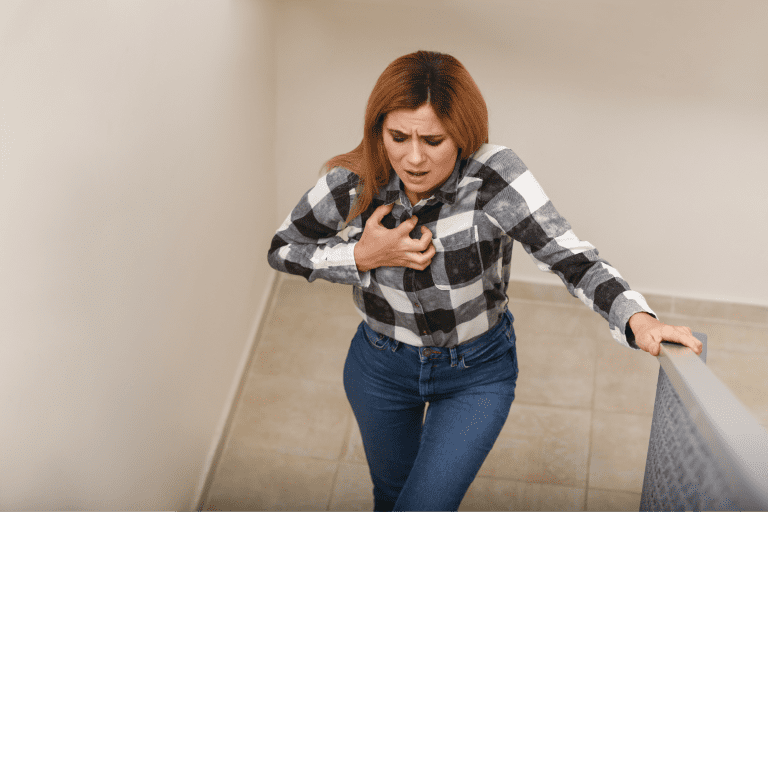Panic attacks are sudden and overwhelming feelings of anxiety that greatly affect a person. We have panic attacks when we are extremely anxious or unable to handle a stressful situation.
Which of our treatments can best help you with panic attacks?
-
Guided meditation: Some people find that meditation can significantly reduce their anxiety, thus making panic attacks less likely. It can also promote a positive mindset, one that is more able to cope with stressful situations.
-
Massage therapy has been proven to relieve stress and anxiety. It is possible that this can indirectly reduce the likelihood of panic attacks.
Why do we Experience Panic Attacks?
We experience panic attacks due to various disorders involving panic and anxiety, as well as PTSD and depression. They can be triggered or occur unexpectedly, but they are usually caused by a situation or feeling of heightened stress or a sense of a lack of control of your surroundings. This can be debilitating.
Other causes of panic attacks include specific phobias or situational fears that may be based on previously stressful or traumatic. Those who abuse substances are also more likely to experience panic attacks.
Symptoms
During a panic attack, you may experience heart palpitations, difficulty breathing, shaking, numbness, and sweating. You may also experience trembling, feeling like you are choking, chest pain, nausea, fear of insanity and chills or hot flashes.
Often, panic attacks are mistaken for other health problems based on their symptoms. It often helps people know that what they are experiencing is only a panic attack rather than a cardiac or raspatory ailment. Panic attacks alone are not physically dangerous.
How to Stop Panic Attacks
If you experience frequent panic attacks, seek counselling or medication from a professional. Techniques such as breath training and relaxation are also known to be beneficial.
To gain control of the pattern of rapid breathing, we encourage a specific breathing technique of counting inward and outward breaths. This is known to work particularly well if you are accustomed to using breathing techniques regularly.
Experts also recommend that individuals can help alleviate panic attacks by withdrawing from caffeine, alcohol, and drugs, increasing regular aerobic exercise, and taking steps towards living a healthier lifestyle.
Guided Meditation
The benefit of guided meditation for treating panic attacks is the tool of regulating breathing. By learning how to handle and control your intake and expelling of breath, you will find yourself calmer. Using this when experiencing a panic attack will allow you to alleviate symptoms with more significant effects and speed. As mentioned before, breathing exercises include counting your breaths. For example, the 7-11 technique involves breathing in for seven seconds and out for eleven. Others recommend breathing with the diaphragm rather than the chest. In addition, guided meditation lets you analyse any thoughts causing a panic attack. You can then guide yourself back to rational thinking.

